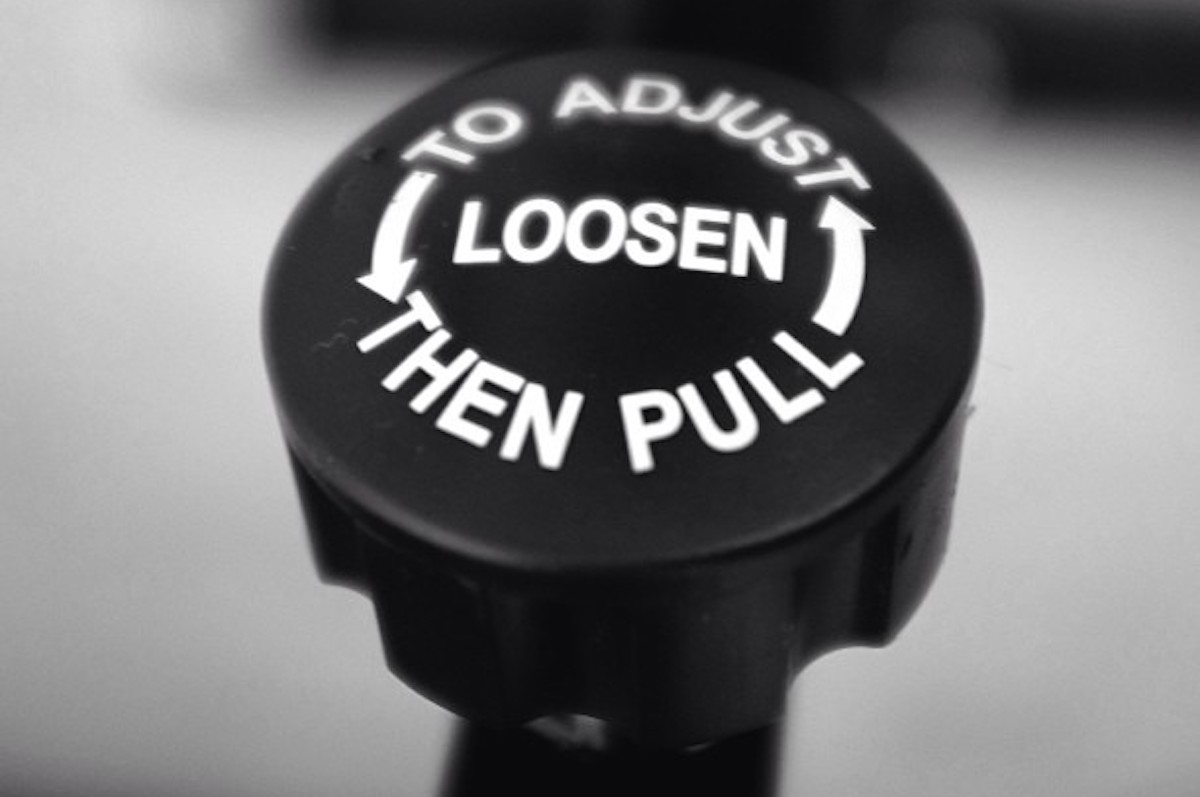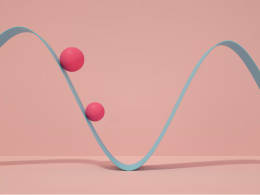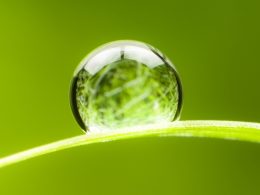Here are this weekend's reading diversions for your personal enlightment. Have a terrific weekend!
Chances are you’re already filling your plate with healthy foods like blueberries and broccoli (both full of disease-fighting antioxidants). Well done. But as good as those standbys are for you (and they are good), new research reveals some overlooked nutritional superheroes that deserve a starring role at your next meal.
***
David Perlmutter, M.D.: Gluten Sensitivity and the Impact on the Brain
When these genes are turned on, inflammatory chemicals are created called cytokines, which are directly detrimental to brain function. In fact, elevated cytokines are seen in such devastating conditions as Alzheimer's disease, Parkinson's disease, multiple sclerosis and even autism.
***
Srinivasan Pillay: Heart Health: The Factors That Put Women at Risk for Heart Disease
They are all about stuckness: People talk about depression as if it is about sadness when at a fundamental level, it is also as much about stuckness. Anxiety leads to "freezing" stuck responses too, and anger suppression is also about something not being able to make its way out. Even stress is about stuckness when it causes memory circuits to become activated so that only old habits of being are recreated. In a sense, these factors, when they strike, are like jamming the brakes. And the heart has to work that much harder to keep things moving and happening
***
Vikki Ziegler: Digital Divorce Drama -- Is Facebook to Blame?
I am sure you have heard of the edict "Thou shalt not commit adultery." What about thou also shalt not use Facebook?
***
How to make Candy Cane Hot Cocoa | eHow.com
***
Male teens with ADHD at greater risk of traffic accidents: study - The Globe and Mail
Male teens with disruptive behaviour disorders who get behind the wheel are much more likely to be involved in a crash than the general population, a new study has found.
***
Lloyd I. Sederer, MD: Seasonal Affective Disorder: How to Beat 'Winter Depression'
Seasonal Affective Disorder (SAD), sometimes called "winter depression," became widely recognized as a psychiatric diagnosis in the mid-1980s. Medical literature on this condition dates back to the early 1970s and was familiar to its sufferers well before the mid-1980s. SAD is more than having lower energy in the doldrums of winter -- it is a clinical depression - but one characterized by seasonal variation and that returns like a bad dream for more than one year. That was what Sam had and there was relief in sight.
***
Crazy Divorce Novelties: Nine of the Best (PHOTOS)
Divorce doesn't have to be a somber affair. Inject a little humor with these lighthearted tchotchkes.
***
The Most Inappropriate Business Names Of All Time (PHOTOS)
When choosing a name for your new business, it's common to go with a family moniker or halfway decent pun in lieu of a boring or obvious name.
***
Judith Johnson: What Gives Your Life Meaning?
What sustains you? What puts a smile on your face and lights up your heart? What keeps the embers of your soul on fire? What really matters deeply to you? It is so easy to get caught up in the ongoing activities and demands of our lives, often forgetting or losing track of what is most meaningful to us.
***
Why Do We Have Christmas Trees? | Christian History
The evergreen tree was an ancient symbol of life in the midst of winter. Romans decorated their houses with evergreen branches during the New Year, and ancient inhabitants of northern Europe cut evergreen trees and planted them in boxes inside their houses in wintertime. Many early Christians were hostile to such practices. The second-century theologian Tertullian condemned those Christians who celebrated the winter festivals, or decorated their houses with laurel boughs in honor of the emperor:
***
Light at Night Creates Changes in Brain Related to Depression | Psych Central News
Exposure to even a dim night-time light may cause physical changes in the brain linked to depression, according to an Ohio State University hamster study.
***
Alcohol Abuse: Do You Drink Too Much? - AOL Health
Go on: Have another. You'll be hailing the cab anyway as you're a bit over the limit now. As for tomorrow, you survived work with a hangover last Tuesday, didn't you? Besides, it's your boss offering the next round! Make it a pint. Oh, and mental note: Don't forget to pick up some beer tomorrow for Sunday's game.
***
10 Habits for a Stronger Heart - AOL Health
Men who drink that many 8-ounce glasses are 54 percent less likely to have a fatal heart attack than those who drink two or fewer. Researchers say the water dilutes the blood, making it less likely to clot.
***
Keeping Kids Healthy During Back-to-School Season - AOL Health
So how can you keep your kids healthier? Teaching and enforcing good hygiene habits is key. "Hand washing really is the most important thing," Fischetti said, explaining that touching infected surfaces and then touching your mouth or eating food you handled is a prime transmission route.
***











